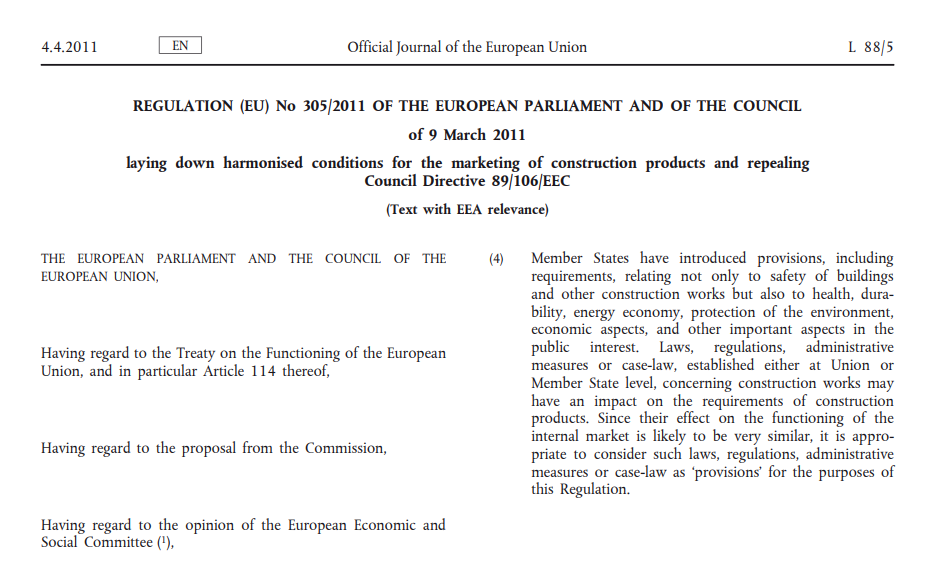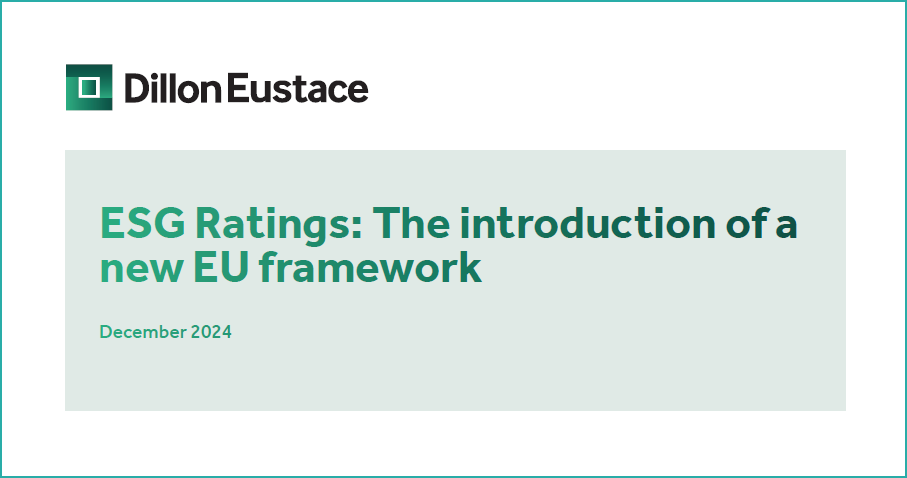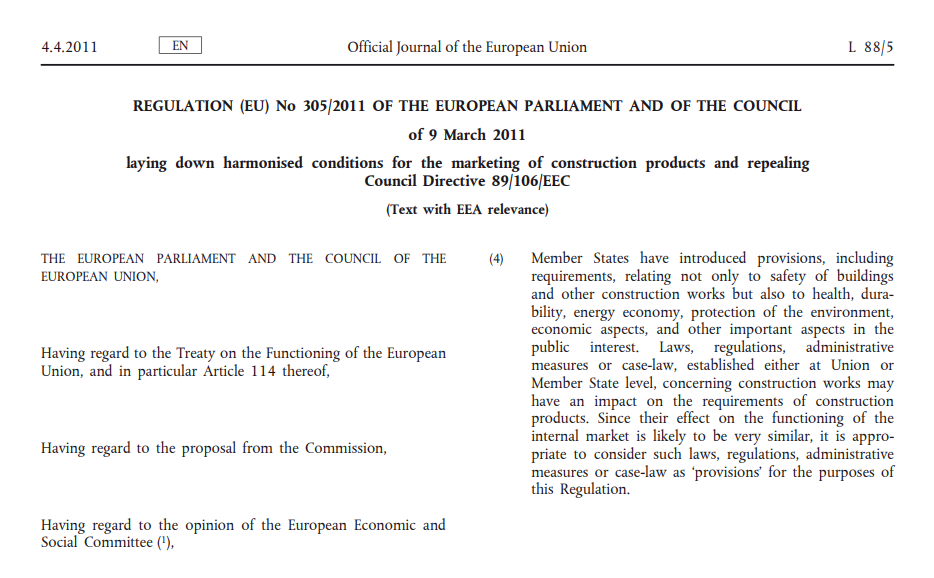EU Updates Construction Standards to Boost Sustainability and Innovation
The updated EU Construction Products Regulation, aimed at modernising the sector to enhance its sustainability and competitiveness, came into force in January 2025. A key innovation is the introduction of digital product passports, which will provide transparency and detailed data on the safety, performance, and environmental impact of construction materials. The regulation also places emphasis on adopting off-site construction methods, such as modular and prefabricated technologies, which help reduce waste, improve circularity, and speed up project completion.

In January 2025, the updated European Union Construction Products Regulation will come into force, replacing the 2011 rules. This regulation aims to modernise the construction sector and enhance its sustainability and competitiveness within the EU single market. A key innovation is the introduction of digital product passports, which will provide transparency and detailed data on the performance, safety, and environmental impact of construction materials.
Digital passports will enable stakeholders to collect and analyse data for calculating the carbon footprint of buildings while supporting informed decision-making for architects, builders, engineers, and public authorities.
Advancing Sustainable Construction Methods
The regulation places significant emphasis on the adoption of off-site construction methods, including modular and prefabricated technologies, which can significantly reduce environmental impact:
- Waste reduction: Modular and prefabricated components can lower construction waste by 10–15%;
- Improved circularity: These structures can be dismantled and reused at the end of their lifecycle;
- Faster project completion: Off-site technologies speed up housing construction and reduce costs.
These approaches not only minimise environmental harm but also optimise design and construction processes. Modular solutions pave the way for integrating circular economy principles across the industry.
Expert Insights and Implementation Challenges
The updated EU legislation creates opportunities to improve the construction sector's productivity and environmental responsibility.
However, its implementation poses several challenges:
- Infrastructure upgrades: Transitioning to digital product passports will require significant investments in data standards and IT systems;
- Training professionals: Architects and builders will need to adopt new skills to effectively use digital tools and sustainable technologies;
- Waste management: Introducing circular processes demands additional efforts to develop systems for dismantling and recycling construction materials.
To address these challenges, the European Commission plans to collaborate with national governments, private sectors, and educational institutions, providing support through grants and training programmes.
The updated regulation reinforces the EU's position as a global leader in sustainable and innovative construction, laying the foundation for a more environmentally conscious future in the sector.
What This Means for Business
The updated EU Construction Products Regulation offers businesses in the construction sector several key opportunities and challenges. As the industry moves towards greater transparency and sustainability, companies will need to adapt to the new requirements, which could present both operational adjustments and competitive advantages.
Increased Transparency and Data-Driven Decisions
The introduction of digital product passports will enable companies to provide more detailed information about the performance and environmental impact of their products. This will not only help businesses meet regulatory requirements but also enhance their credibility with clients and stakeholders. Companies that adopt these technologies early on will be better positioned to meet the growing demand for environmentally responsible products.
Competitive Edge through Sustainable Practices
By adopting off-site construction methods such as modular and prefabricated technologies, businesses can reduce waste, lower costs, and speed up project completion. This makes companies that integrate these solutions more competitive in the market, especially as sustainability becomes an increasingly important factor for consumers and regulators.
New Business Models and Market Opportunities
The focus on circularity and the reuse of construction materials presents new opportunities for businesses to develop innovative business models. Companies that invest in circular economy practices, such as recycling and reusing construction materials, can create additional revenue streams and gain a competitive advantage in a market that is increasingly prioritising sustainability.
Adapting to Regulatory Changes
While the new regulation brings many benefits, it also requires businesses to invest in updating their processes and systems. Transitioning to digital product passports and adopting off-site construction methods may require significant upfront investment in technology, training, and infrastructure. Companies that proactively address these changes will be able to navigate the evolving regulatory landscape more efficiently, while those who are slow to adapt may face challenges in meeting compliance and maintaining competitiveness.
In summary, businesses that embrace the new regulation and align with its sustainability and innovation goals will be better positioned to thrive in an increasingly eco-conscious and competitive market. By adapting to these changes, companies can not only meet regulatory requirements but also enhance their reputation, reduce costs, and uncover new market opportunities.
Conclusions
The updated regulation establishes a framework that encourages innovation while fostering environmental sustainability in construction. It positions the EU as a global leader in sustainable building practices, promoting a more eco-conscious future for the industry. As digital technologies, off-site construction methods, and circular practices become more widely adopted, the construction sector is set to become both more efficient and environmentally responsible.



